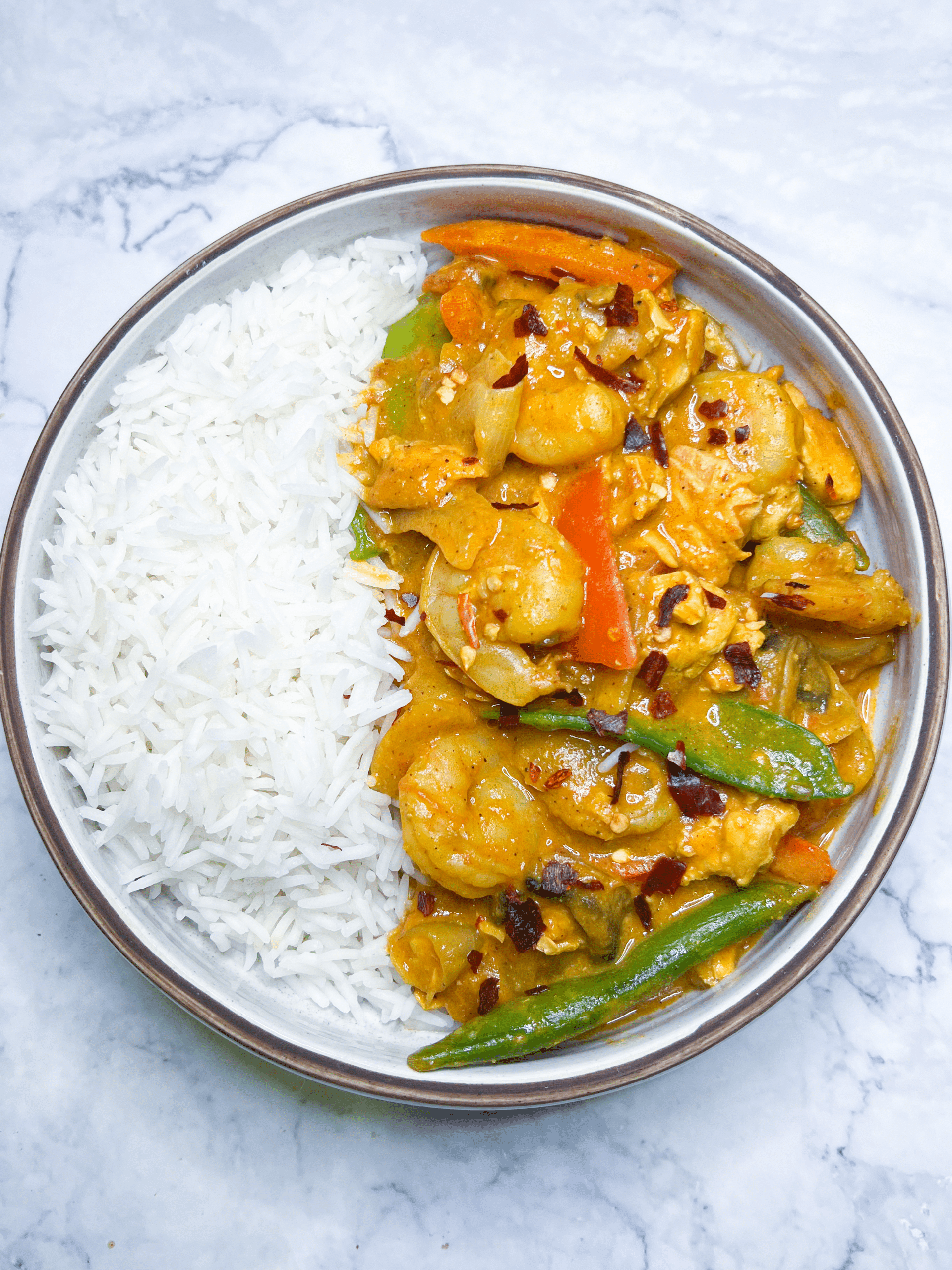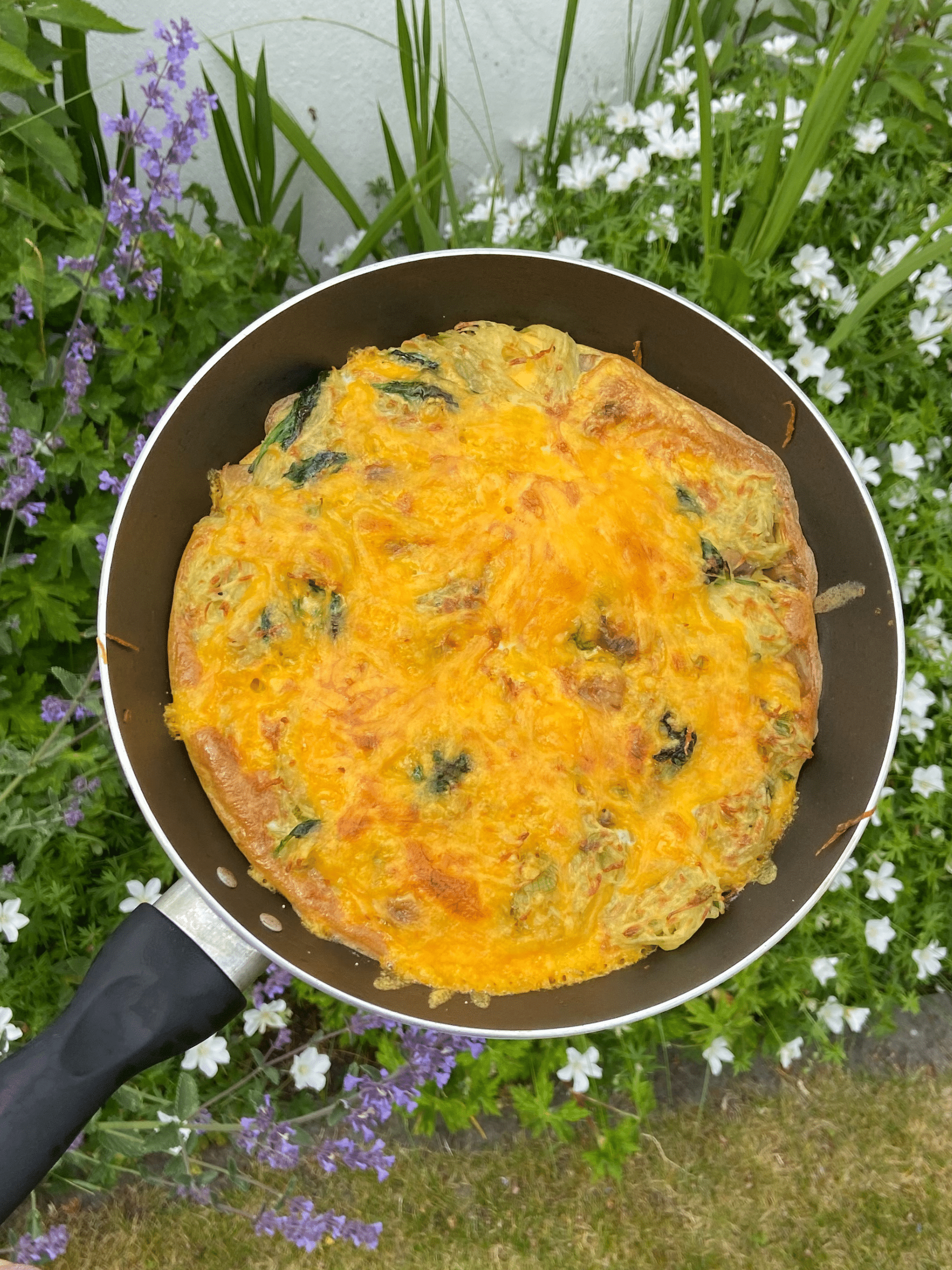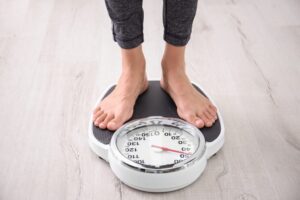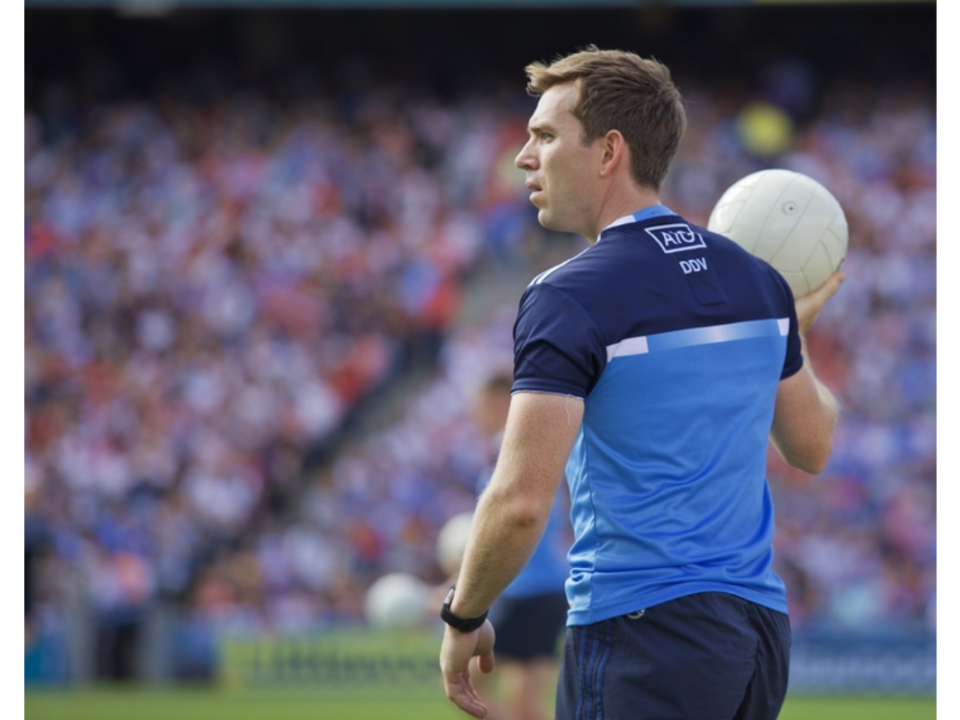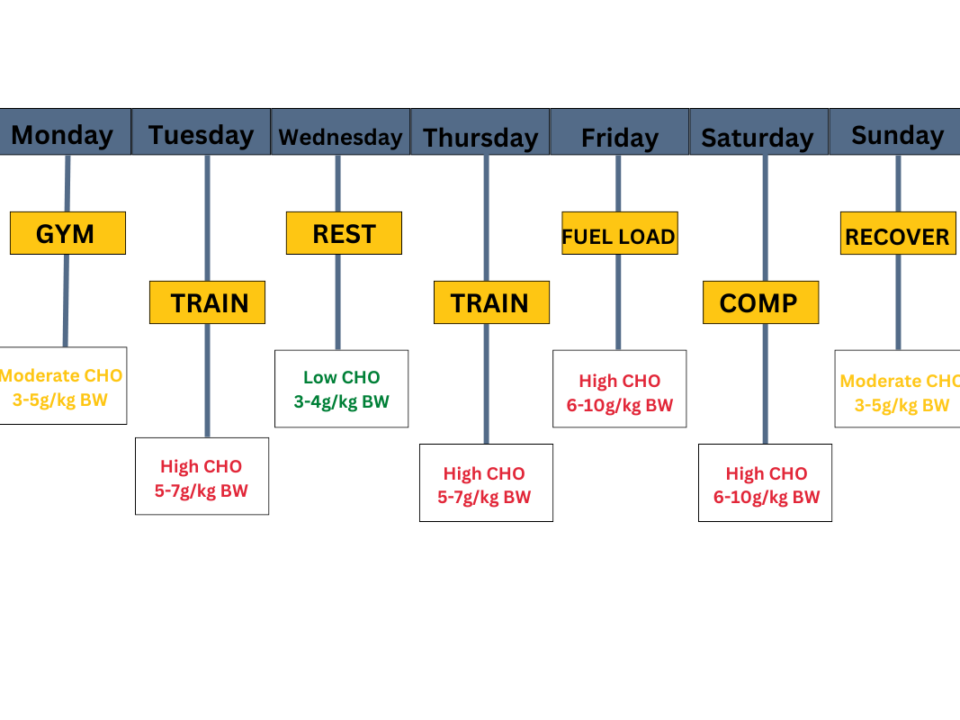Managing and Monitoring hydration and nutrition for athletes in hot conditions
Summary:
- Nutrition and hydration strategies for athletes in the heat
- How to assess your hydration status
- Hydration strategies for pre/during and post exercise
- The power of scales for rehydration
- Managing a poor appetite in hot weather
While hot weather in Ireland may be a rare occurrence. When we do experience those rare hot days/heat waves, athletes often find themselves facing unexpected challenges. One of the primary issues athletes face during hot weather is dehydration. Athletes who are unprepared for hot weather may find it challenging to replenish the fluids lost through sweating. Inadequate hydration not only impairs physical performance but also increases the risk of heat-related illnesses such as heat exhaustion or heatstroke. The lack of exposure to hot weather in Ireland means that athletes may not have developed strategies to cope with the heat. They may struggle to regulate their body temperature, leading to discomfort, and early fatigue. The unfamiliarity with these conditions can also impact an athlete’s mental focus and concentration, affecting their ability to perform at their best.
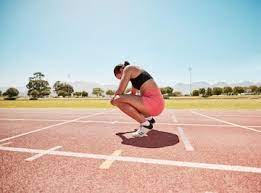
To overcome these challenges, it is essential for athletes to adapt and prepare for hot weather conditions, even if they are infrequent. Athletes can harness the power of weighing scales as a valuable tool to monitor their hydration status pre- and post-exercise. Additionally, maintaining proper nutrition becomes crucial when high temperatures dampen an athlete’s appetite.
In this article, we will explore the benefits of scales in monitoring hydration, outline an effective hydration protocol during exercise, and discuss strategies for managing nutrition in hot weather.
Managing your Hydration in the Heat

Weighing scales provide athletes with an objective and tangible means of assessing their hydration status. By regularly measuring their weight before and after exercise, athletes can estimate the amount of fluid they have lost during physical activity. The general guideline is that for every 1 kilogram lost, athletes should aim to rehydrate with 1.5 liters of fluid. This ratio helps restore the body’s fluid balance and ensures optimal performance during subsequent training sessions or competitions.
Hydration Protocol Before/ During and After Exercise:
Minimising dehydration is crucial during exercise in hot conditions. Athletes should adopt a proactive approach by implementing the following hydration protocol:
1)Pre-hydration:
Start your exercise session in a well-hydrated state. Monitor your hydration status during the day by the colour of your pee. It should be a pale-yellow straw colour. All fluids count towards your hydration status so if you struggle to drink water, try adding some no-sugar diluted juice or fresh fruit to your water. Tea, coffee diluted juice, smoothies all count too. Keep a water bottle close by and continue to sip on fluids throughout the day. Check out our homemade sports drink recipe here.
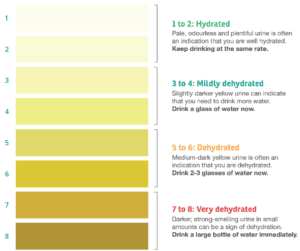
2)During exercise:
Stay ahead of dehydration by consuming fluids regularly throughout the workout. Aim to drink 150-250mls of fluid every 15-20 minutes. Sports drinks (eg: lucozade sport) that contain electrolytes or electrolytes tablets dissolved in water can be particularly beneficial for replenishing sodium and other essential minerals lost through sweat.
3)Post-exercise rehydration:
After completing your workout, step on the scales to assess the amount of weight lost. For every kilogram lost, aim to consume 1.5 liters of fluid. Water, sports drinks, milk, flavoured milk, or electrolyte-enhanced beverages are all good choices.
Managing Your Nutrition in the Heat

It is very common that high temperatures often suppress appetite, making it challenging for athletes to maintain adequate nutritional intake which can negatively affect their performance by impacting their energy levels, recovery, and concentration. During these periods I would recommend an athlete to monitor their weight using a weighing scale. If their weight is dropping it is a clear indication that they are not getting enough energy in to support the demands of their sport.
Here are some strategies to help athletes manage their nutrition in hot weather:
- Opt for smaller, frequent meals: Instead of relying on three large meals, consume smaller meals or snacks every 2-3 hours. This approach helps prevent the discomfort associated with heavy meals in the heat and ensures a steady supply of nutrients throughout the day.
- If you struggle to eat main meals, having liquid sources of calories like smoothies, smoothie bowls, acai bowl, fruit juices are all great choices.
- Emphasise hydration through food: Incorporate water-rich foods into your diet, such as fruits (watermelon, oranges), vegetables (cucumbers, tomatoes), and soups. These foods provide hydration and essential vitamins and minerals.
- Prioritise nutrient-dense foods: Choose nutrient-dense options that provide a range of vitamins, minerals, and macronutrients. Include lean proteins, whole grains, fruits, vegetables, and healthy fats in your meals to support optimal performance. For example: Hawaiin chicken rice, Moroccan quinoa salad, nutty flapjacks, mince taco boats.
- Consider sports nutrition products: In situations where appetite is significantly suppressed, sports nutrition products like energy bars or protein shakes can provide a convenient and concentrated source of nutrients
Unexpected hot conditions pose unique challenges for athletes, but with the help of scales, monitoring hydration becomes an efficient and effective process. By regularly measuring weight and following the rehydration ratio, athletes can ensure they replenish their fluid losses adequately. Additionally, managing nutrition in the heat requires careful attention to smaller, frequent meals, hydration through food, and the inclusion of nutrient-dense options. By implementing these strategies, athletes can stay properly hydrated and nourished, optimizing their performance even in challenging environmental conditions.
If you want your own individualised plan to support your performance, you can book a consultation with one of the daveynutrition nutritionists by clicking this link.


